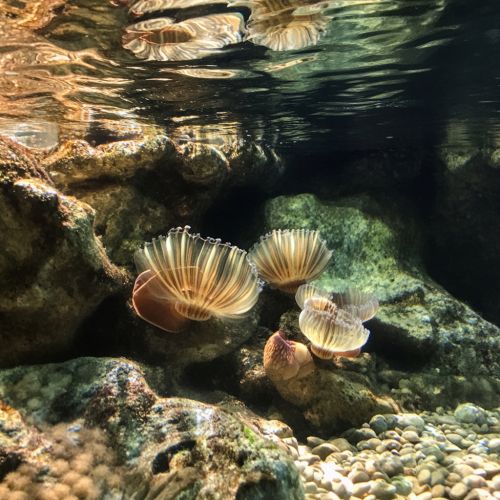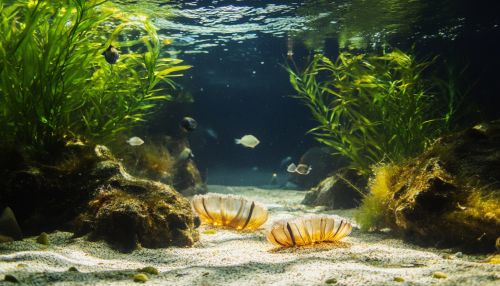Edouard Van Beneden
Early Life and Education
Edouard Joseph Louis Marie Van Beneden was born on March 5, 1846, in Leuven, Belgium. He was the son of Pierre-Joseph Van Beneden, a renowned zoologist and paleontologist, which provided Edouard with an early exposure to the field of biological sciences. His father's influence played a significant role in shaping his academic interests and career path. Edouard pursued his education at the Catholic University of Leuven, where he studied under several prominent scientists of the time. He later moved to Germany to continue his studies, where he was deeply influenced by the work of Ernst Haeckel, a prominent biologist known for his work on evolution and the development of the phylogenetic tree.
Scientific Contributions
Cell Division and Chromosomes
Edouard Van Beneden is best known for his pioneering work in the field of cytology, particularly his studies on cell division and chromosomes. His research on the Ascaris megalocephala, a parasitic worm, led to the discovery of the process of meiosis, which is crucial for sexual reproduction. Van Beneden's meticulous observations revealed the reduction of chromosome numbers during the formation of gametes, a process that ensures the maintenance of species-specific chromosome numbers across generations. This work laid the groundwork for the understanding of genetic inheritance and the role of chromosomes in heredity.
Fertilization and Embryology
Van Beneden's contributions to embryology were equally significant. He conducted extensive studies on the fertilization process in animals, particularly in marine invertebrates. His research demonstrated the fusion of male and female gametes, leading to the formation of a zygote, and provided insights into the early stages of embryonic development. Van Beneden's work in this area was instrumental in advancing the field of developmental biology and understanding the mechanisms underlying the formation of complex organisms from a single cell.


Parasitology
In addition to his work on cell division and embryology, Van Beneden made significant contributions to the field of parasitology. He conducted detailed studies on the life cycles of various parasitic organisms, including tapeworms and nematodes. His research provided valuable insights into the complex interactions between parasites and their hosts, as well as the evolutionary adaptations that enable parasites to thrive in diverse environments. Van Beneden's work in parasitology helped to establish the foundations for modern studies on host-parasite interactions and the ecological impact of parasitic species.
Academic Career and Legacy
Edouard Van Beneden held several prestigious academic positions throughout his career. He was appointed as a professor of zoology at the University of Liège in 1870, where he remained for the rest of his life. During his tenure, he established a renowned research laboratory and mentored numerous students who went on to make significant contributions to the field of biology. Van Beneden's commitment to scientific excellence and education left a lasting impact on the academic community, and his work continues to be cited and built upon by researchers in various disciplines.
Honors and Recognition
Van Beneden's contributions to science were widely recognized during his lifetime. He was elected as a member of several prestigious scientific societies, including the Royal Academy of Science, Letters and Fine Arts of Belgium and the Royal Netherlands Academy of Arts and Sciences. His work earned him numerous accolades and awards, reflecting the high regard in which he was held by his peers. Despite his many achievements, Van Beneden remained a humble and dedicated scientist, committed to advancing knowledge and understanding in the field of biology.
